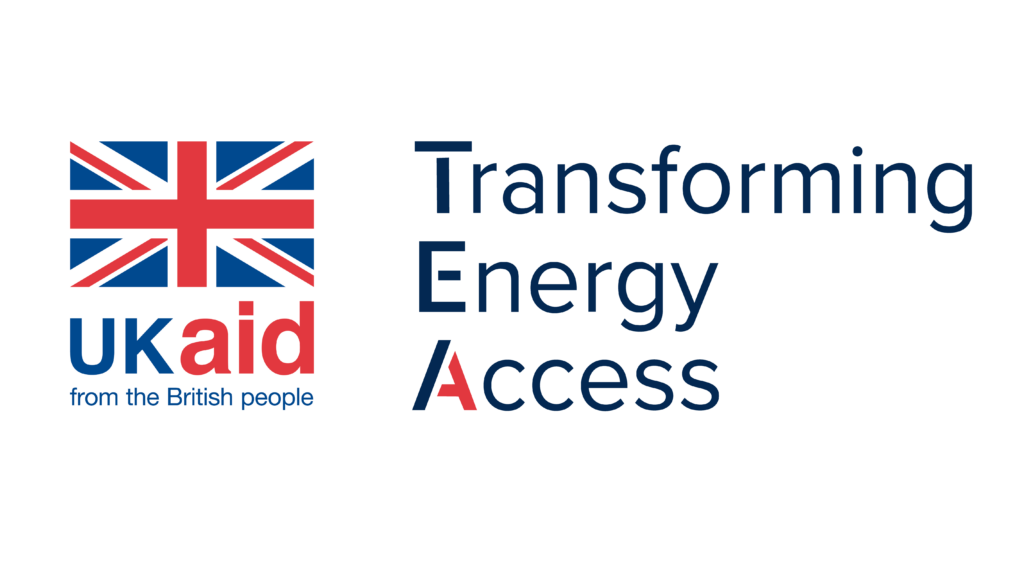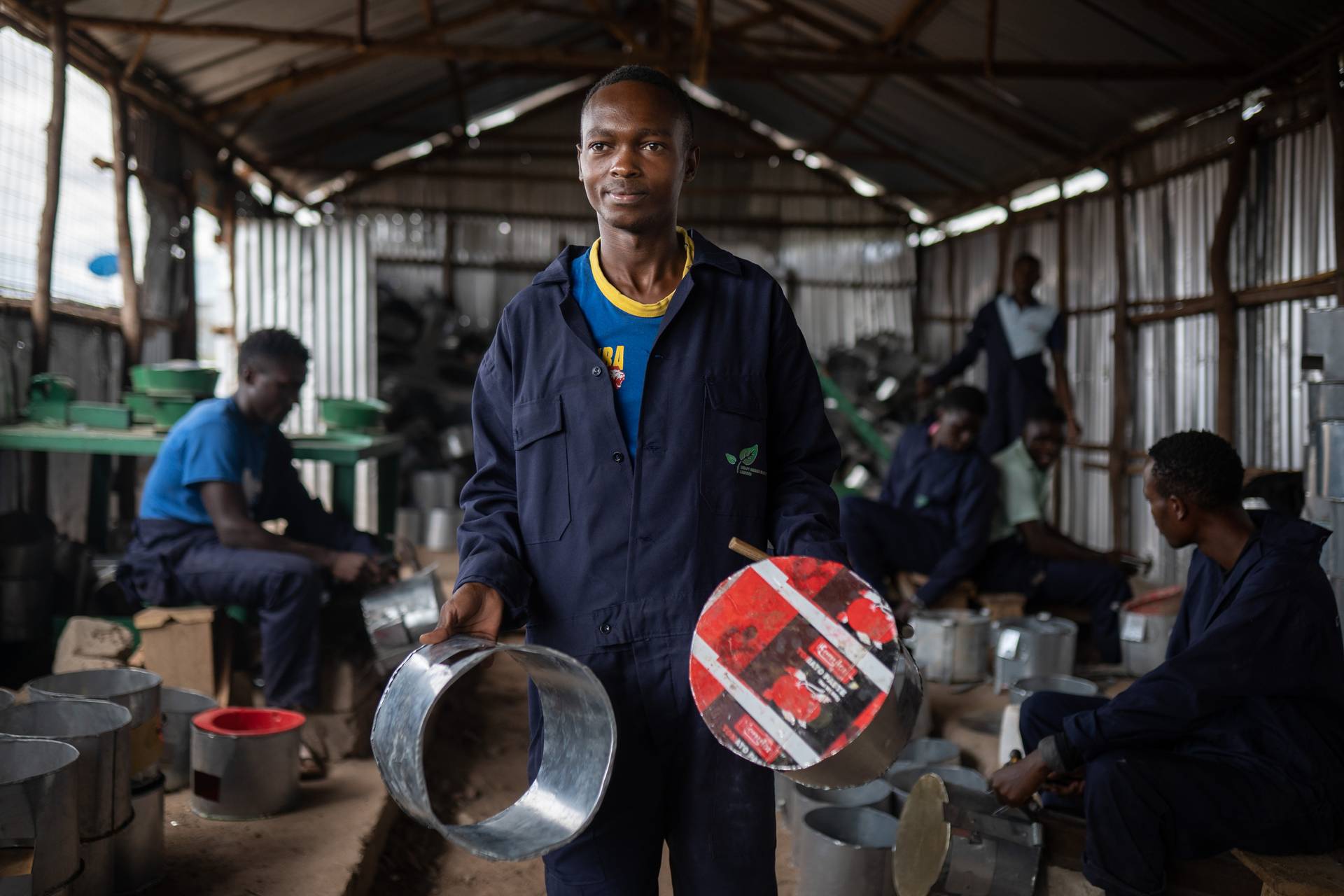Energy poverty makes the everyday challenges faced by refugees and displaced people – like earning a living, studying or staying healthy – even tougher. Putting clean, affordable power in the hands of these communities is an enormous and urgent challenge.
94% of people living in refugee camps lack access to electricity, and 81% are put at risk by polluting cooking stoves and fires. Millions are forced into darkness, or risk their health every time they prepare a meal.
COP28, the major climate summit taking place in Dubai from November 30 to December 12, could be a moment for change. December 3 will see COP’s first Climate, Relief, Recovery and Peace Declaration – acknowledge the many links between global climate and humanitarian crises. These links range from the potential for climate change to spark or worsen conflict, to the difficulties in creating climate resilience in warzones.
But the conversation must also tackle how we bring refugees and displaced people the clean energy they need to rebuild their lives. To switch on the lights, phones, tools that can power a brighter future.
Today’s humanitarian system has failed to lift refugees out of energy poverty. Four organisations are calling for a new approach that empowers affected communities. They include GPA, or the Global Platform for Action on Sustainable Energy in Displacement Settings (housed within the United Nations Institute for Training and Research). GPA are joined the Global Refugee-led Network, Ashden and Chatham House as partners in Transforming Humanitarian Energy Access (THEA), a global advocacy and research programme from the UK Foreign, Commonwealth and Development Office.
Trailblazing projects show the prize is within our reach. Examples include Kakuma Ventures, a refugee-run social enterprise bringing solar-powered Wi-Fi to Kakuma Refugee Camp in Kenya. Residents market and manage the internet service in their neighbourhood – creating an income for them, and web connection for their neighbours.
Or the success of the United Nations Development Programme in Yemen, enabling community solar minigrids run by woman entrepreneurs. Again, these minigrids create paid work and new status for those who operate them, and a much-needed energy supply in their towns and villages. Both schemes create benefits for refugees and the host community.
Despite many barriers, these inclusive solutions are flourishing – not just bringing refugees clean energy, but ownership and control of energy systems. Their grassroots nature means they are resilient and responsive to local needs.
The rapid growth of these initiatives, and others like them, will rely on a more inclusive approach across the humanitarian sector. The THEA programme calls for change in three key areas:
Make “nothing about us without us” a reality
Funders, governments and aid agencies should make systemic reforms to ensure refugees and displaced people are properly involved in decisions about energy provision – making use of their experience and knowledge, which is often wasted. Organisations should aim for 10% of their staff working on this issue to have lived experience of displacement.
Fund and invest in refugee solutions
More investment and opportunities must be channelled to refugee energy solutions that are owned by refugees themselves, or designed and run with refugee communities. Funders should aim to ensure that 10% of funds tackling energy poverty are delivered to these organisations. And the public and private sectors should come together to support a blended finance model – where development and philanthropic funders give early-stage backing that makes it more appealing, and less risky, for others to invest.
Give refugees the skills and opportunities to thrive
Finally, funders, governments and aid agencies should create an environment that allows grassroots refugee energy projects, and the people at their heart, to thrive. This includes backing training and capacity building for refugee communities, and removing legal barriers that stop displaced people working.
The solution to the refugee energy crisis is clear – it’s refugees themselves. Their knowledge, their ingenuity, their passion. But the humanitarian sector must match this with smart investment and support.
In 2022, the number of people displaced worldwide leapt by 19 million, reaching a total of 108 million. As the crisis grows, our ambition must too. Refugees have been left in the dark for too long. But that brighter future is within our reach.


